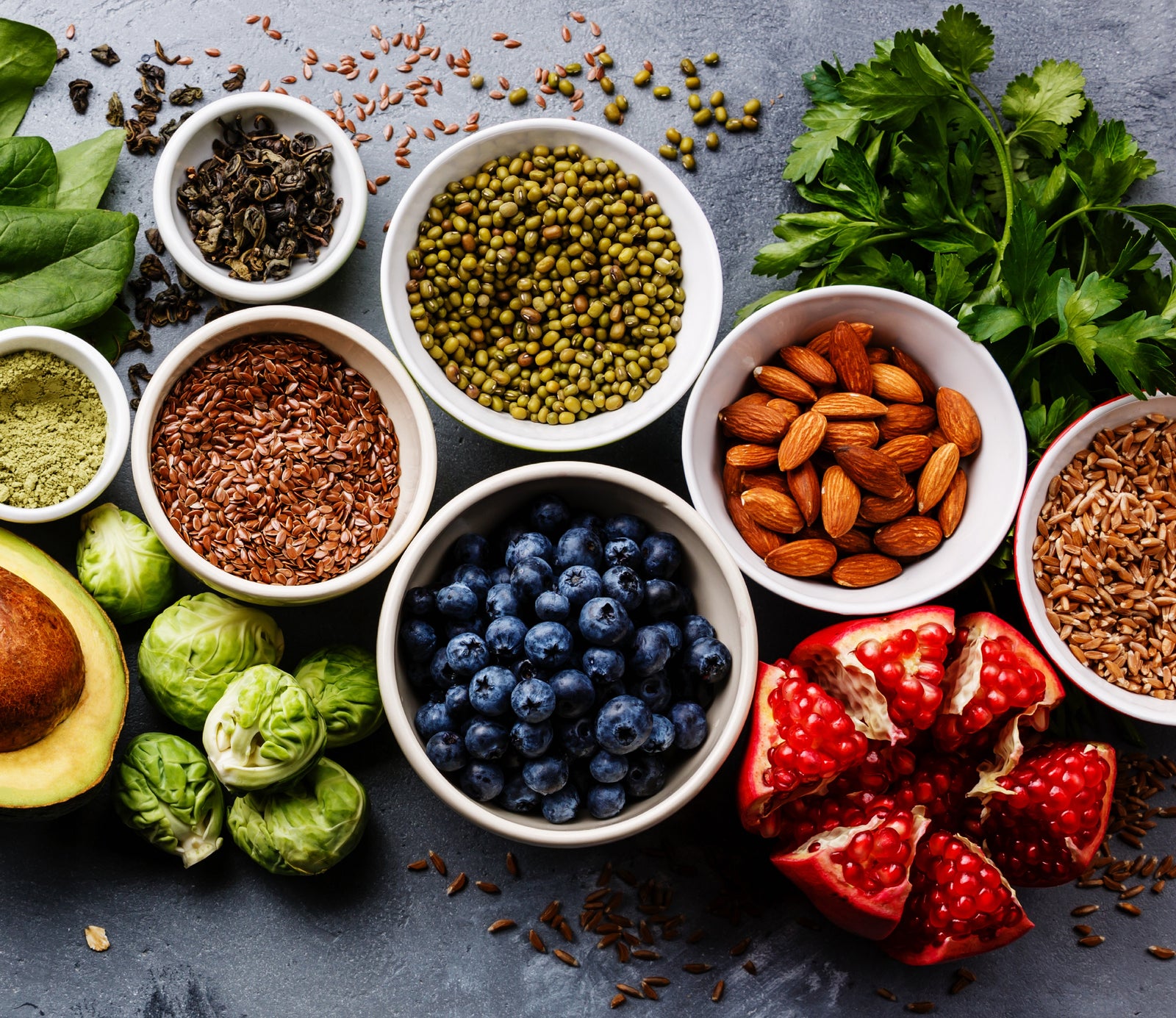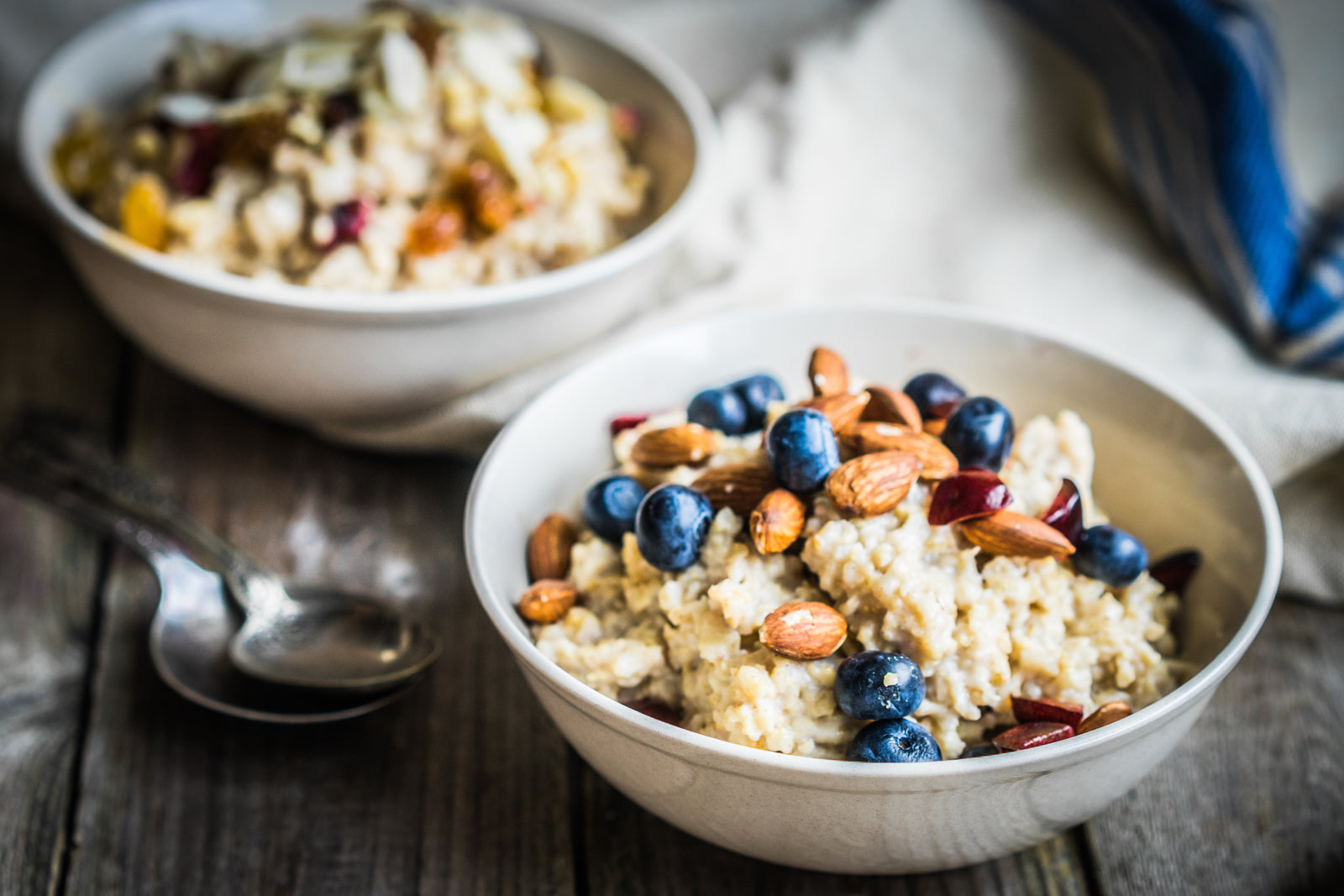Jump to section
What's the best postnatal vitamin supplement?
Approved by our Clinical team | Feb 16, 2021

If you’re a new mum, it’s likely that you have a lot on your to-do list. The demands of caring for a newborn can be really intense, and you probably don’t have much time to think about your own needs.
Where possible, try to prioritise your health. This means drinking plenty of water, getting as much sleep as possible, and eating a healthy and balanced diet.
Taking supplements is another good way to look after your body once you’ve given birth. Currently the NHS advice is that all new mothers should take vitamin D supplements of 10 micrograms (mcg) each day.
What’s the difference between a prenatal and postnatal supplement?
expand_moreA prenatal supplement (also known as a pregnancy supplement) is taken while you’re pregnant. A postnatal supplement is taken after you give birth. Pregnancy supplements can help with the baby’s development in the womb and keep the mother healthy. The main prenatal supplement recommended for pregnant women is folic acid – women are advised to take 400 micrograms (mcg) each day before and in the first twelve weeks of pregnancy.
What are the most essential nutrients to look for in a postnatal supplement?
expand_moreThe most essential nutrient to take after you’ve given birth is vitamin D. Others are important, but they’re not recommended specifically as a postnatal supplement by the NHS.
Vitamin D
expand_moreVitamin D is an important nutrient for all of us as it helps regulate calcium and phosphate in the body. This helps keep our bones, muscles and teeth healthy. Not getting enough vitamin D can cause bone pain and deformities.
If you’re a new mum you should take 10 micrograms (mcg) of vitamin D supplements each day. In the summer months you may be able to get enough vitamin D through exposure to sunlight, a dosage of 10mcg each day is enough for most people.
If you’re breastfeeding you should also give your baby vitamin D each day – this is because breast milk is naturally low in vitamin D.
Other essential nutrients for new mums
expand_moreThere are lots of essential nutrients that we all need in our diets, including iron, vitamin C, calcium and vitamin B12.
As a new mother you don’t have to take supplements for these or eat a special diet, even if you’re breastfeeding. Instead, you should continue to eat a healthy, varied and balanced diet that contains the major food groups listed by the NHS Eatwell Guide.
The NHS recommends the following:
- Five portions of varied fruits and vegetables each day
- Starchy foods like wholemeal bread, and brown rice and pasta
- Foods high in fibre like wholemeal bread, beans, lentils, and fruit & veg
- Healthy sources of protein like chicken, fish, eggs, nuts, and pulses
- Two portions of fish, including oily fish, each week
- Sources of calcium like milk and yoghurt, including vegan alternatives
- Plenty of fluids like water and semi-skimmed milk
If you can eat this kind of diet you should get all the nutrients you need from your food. Supplements containing essential nutrients like iron, vitamin C, calcium and vitamin B12 can help with getting the nutrients you need.
What things should I avoid while breastfeeding?
expand_moreCaffeine is a stimulant and it can get into your breast milk and make your baby restless. It’s fine to have caffeine, just try not to have too much. The NHS recommends no more than 200mg each day – that’s roughly four cups of tea, or two coffees.
Alcohol is another area where you should be cautious. It’s fine to drink a little bit, but be careful about how much and when you drink. Aim for no more than two units a week, once or twice a week – that’s two small glasses of wine, two half pints of beer, or two single spirits measures. If possible, leave two or three hours between drinking and feeding your baby.
If you’re not vegan or vegetarian, fish makes a healthy addition to your diet. Just be careful that you aren’t eating fish high in mercury, like swordfish or marlin. It’s also a good idea to limit your consumption of oily fish (e.g. salmon, mackerel) to two portions a week.
References
expand_more- www.nhs.uk/start4life/baby/breastfeeding/healthy-diet/vitamins-for-mum-and-baby
- www.nhs.uk/pregnancy/keeping-well/vitamins-supplements-and-nutrition/
- www.nhs.uk/conditions/vitamins-and-minerals/vitamin-d/
- https://patient.info/doctor/infant-feeding
- www.nhs.uk/conditions/baby/breastfeeding-and-bottle-feeding/breastfeeding-and-lifestyle/diet/
- www.nhs.uk/start4life/baby/breastfeeding/healthy-diet/food-and-drinks-to-avoid/







